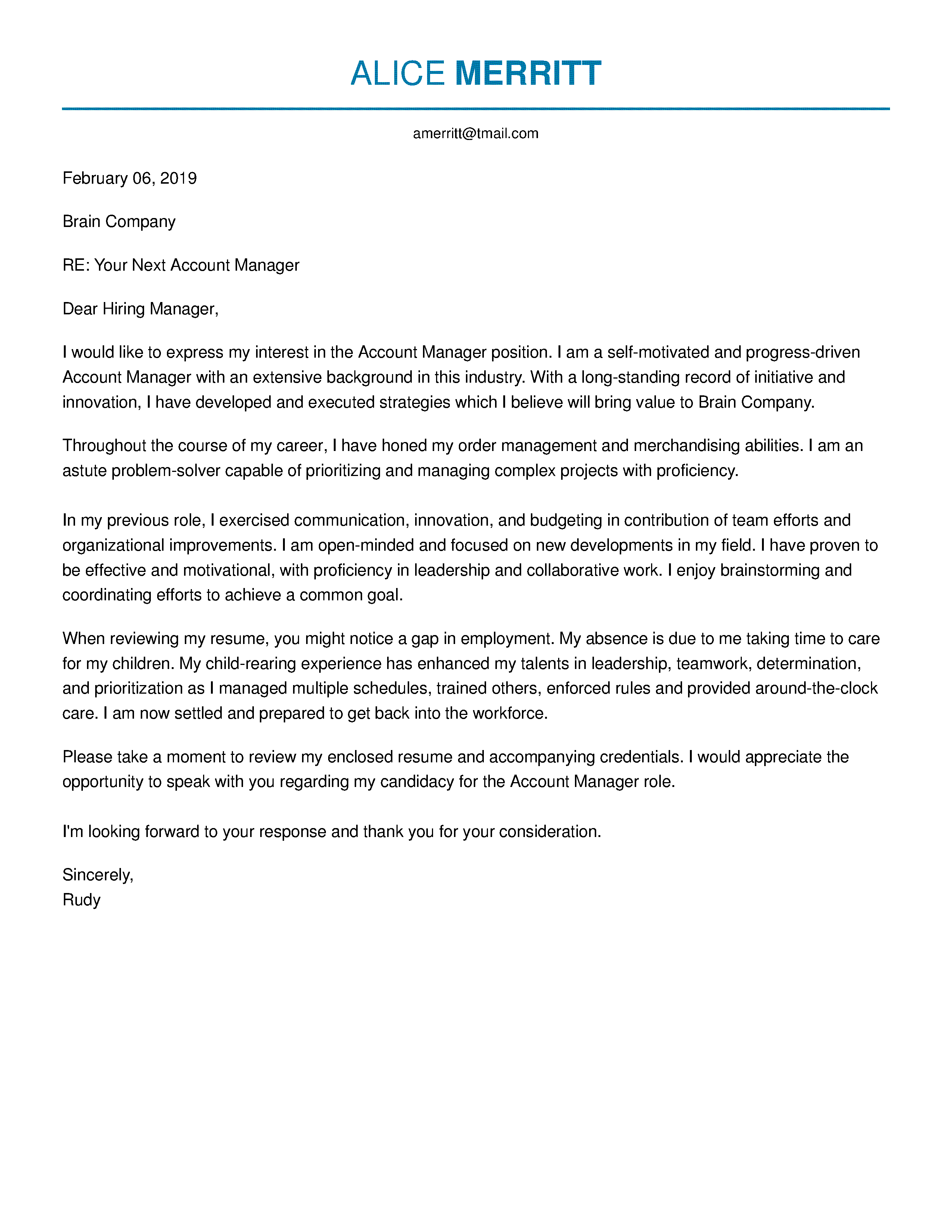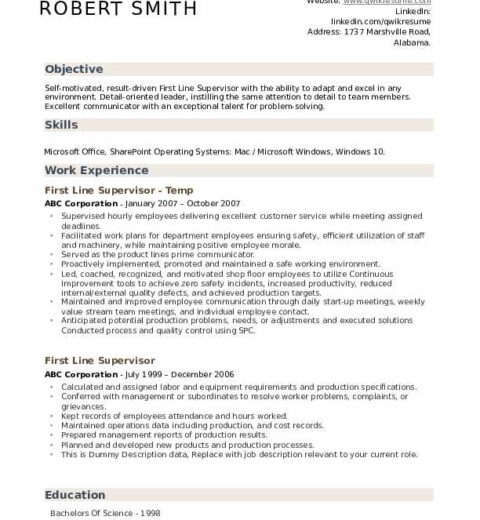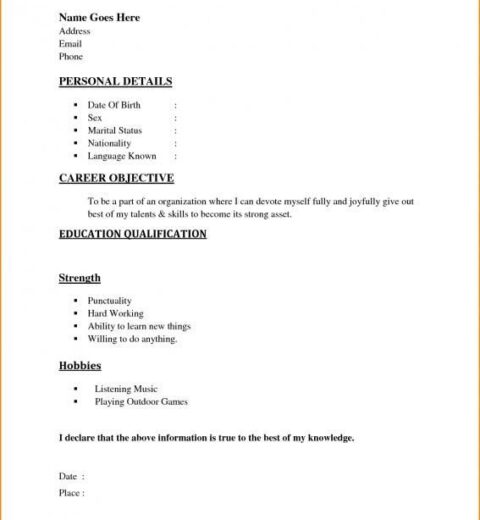In the competitive landscape of job applications, where countless candidates vie for the attention of potential employers, a cover letter serves as an indispensable tool in the arsenal of any job seeker. But what exactly is a cover letter for a resume, and why is it so crucial to include one in your application package?
A cover letter is a formal document that accompanies a resume, offering a unique opportunity to elaborate on your qualifications and express your enthusiasm for a particular position. While a resume succinctly summarizes your professional journey—highlighting roles, responsibilities, and skills—the cover letter allows for a more narrative-driven approach. It enables you to weave a compelling story that connects the dots of your career, setting the stage for a deeper understanding of your potential as a candidate.
One of the most intriguing aspects of a cover letter is its ability to showcase your personality. In a world where resumes often adhere to a standardized format filled with bullet points and technical jargon, a cover letter can serve as a window into who you are. Through carefully chosen words, tone, and structure, you can demonstrate your communication skills, alignment with the company’s values, and passion for the industry. This aesthetic appeal of the cover letter is what often distinguishes one candidate from another, making it a crucial element in the assessment process.
To further understand its importance, we can break down the fundamental components of an exemplary cover letter. First, an engaging introduction is paramount. This section should not only state the position you are applying for but also provide a brief snapshot of your background and what specifically draws you to the opportunity. Captivating the reader’s attention from the onset can significantly increase the chances of your application being reviewed in detail.
Next, the body of the cover letter is where you delve into the specifics of your experience. Here, you should align your qualifications with the job description, showcasing how your past roles have equipped you with the necessary skills to excel in the prospective position. This is your moment to elaborate on key accomplishments, mention relevant projects, or highlight unique experiences that illustrate your capabilities. It’s essential to strike a balance between factual information and personable storytelling, allowing your individuality to shine through while remaining professional.
Furthermore, a well-crafted cover letter addresses the employer’s needs. By demonstrating awareness of the organization’s challenges, culture, and future endeavors, you can articulate why you are an ideal fit for the team. This level of insight not only reflects your research but also expresses a genuine interest in the company, enhancing your candidacy in the eyes of hiring managers.
The closing paragraph of your cover letter should succinctly summarize your enthusiasm for the role and express a call to action. Invite the reader to engage further, whether that be through a personal interview or a follow-up discussion. A strong conclusion can leave a lasting impression, reinforcing your eagerness to contribute to the organization.
Yet, the question remains: why is a cover letter necessary in today’s digital job market? In an era dominated by online applications and automated tracking systems, many candidates may question the need for this additional document. However, a thoughtfully composed cover letter can be your differentiating factor amidst a sea of digital submissions.
Consider the psychological aspect of hiring. Recruiters often scan through countless resumes, and a well-articulated cover letter can provide a refreshing change of pace. It allows them to view your candidacy through a more personal lens. The cover letter transforms your application from a mere collection of facts to a narrative that resonates on a human level, increasing the likelihood of being remembered long after the application process is complete.
Moreover, a cover letter provides an avenue to explain any potential red flags or gaps in your resume. Whether it’s a career transition, employment gap, or a significant shift in industries, a cover letter can preemptively address these aspects, presenting them in a positive light. This transparency is often appreciated by employers, who value insights into a candidate’s journey.
From an aesthetic standpoint, a cover letter can effectively complement your resume, reinforcing the overall professionalism of your application. Paying attention to formatting, style, and tone can create a cohesive package that reflects your attention to detail—a quality that potential employers frequently seek. Utilizing appropriate branding, such as a consistent color scheme or logo, can further elevate the visual appeal, making a favorable impression on the reader.
In conclusion, the role of a cover letter in a job application cannot be overstated. It is not merely a formality but a vital component that enhances your candidacy through personal connection and storytelling. By adequately investing time and effort into crafting a compelling cover letter, you not only differentiate yourself from other applicants but also demonstrate your proactive nature and genuine interest in the role. As you embark on your job search journey, remember that a thoughtfully composed cover letter may very well be the catalyst that propels you towards new professional horizons.




